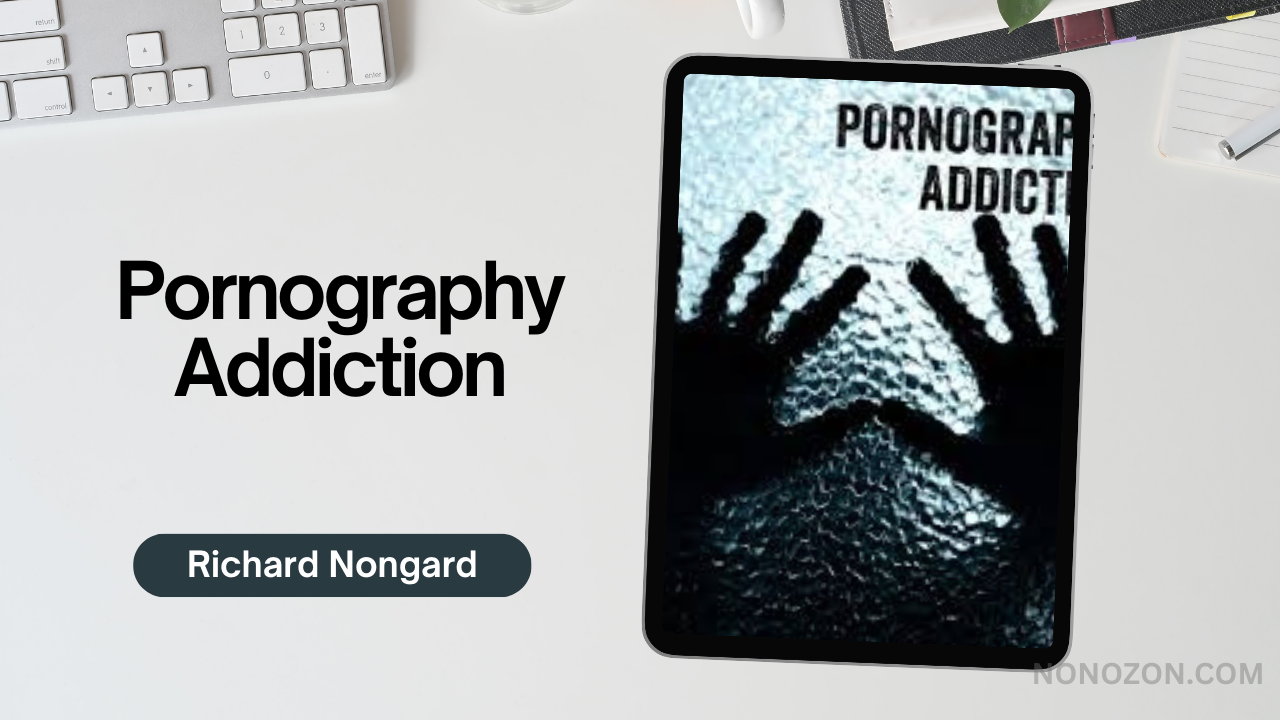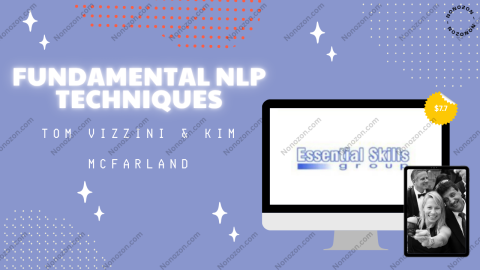Pornography Addiction
by Richard Nongard
Understanding the Impact of Pornography Addiction: Insights from Richard Nongard
Check proof of content here:

The topic of pornography addiction continues to ignite significant discourse in psychological, clinical, and cultural spaces. Renowned therapist and author Richard Nongard has emerged as a key contributor to this conversation, offering an in-depth examination of addiction dynamics—particularly the line between casual consumption and compulsive, disruptive use. Nongard’s work brings into focus the emotional, behavioral, and relational consequences of chronic pornography use. As explicit material becomes increasingly accessible in the digital age, his insights offer timely reflections on mental health, intimacy, and evolving cultural attitudes.
The Nature of Pornography Addiction
Understanding Compulsive Behavior
Nongard presents pornography addiction as more than just excessive viewing—it is a compulsive pattern of behavior that interferes with a person's ability to function across different life areas. This form of addiction is marked by a repeated failure to control use despite mounting negative consequences, distinguishing it from mere habit or casual indulgence.
Signs and Symptoms
Although it may initially resemble harmless curiosity or recreation, addiction to pornography can intensify over time. Nongard outlines several warning signs that indicate problematic use:
Escalation: Needing increasingly graphic or extreme content to achieve satisfaction.
Irritability or Anxiety: Emotional distress when abstaining from use.
Avoidance Behaviors: Disregarding professional, social, or personal obligations in favor of pornography consumption.
Relationship Conflict: Growing emotional distance, secrecy, or reduced sexual interest in partners.
Recognizing these indicators is critical to initiating recovery and regaining control.

Effects on Relationships and Sexual Satisfaction
Nongard emphasizes that the impact of pornography addiction extends far beyond the individual—it can deeply disrupt romantic and intimate relationships. Unrealistic portrayals of sex and connection in pornography can skew perceptions and expectations in real-life scenarios.
Common consequences include:
Reduced Intimacy: Disconnection due to an overreliance on fantasy rather than genuine interaction.
Idealization and Comparison: Judging one’s partner against unrealistic standards portrayed in adult content, leading to dissatisfaction and conflict.
These distortions may erode trust, empathy, and emotional intimacy within relationships.
Neurobiological Insights
Reward Pathways and Compulsion
One of Nongard’s most compelling contributions is his discussion of the brain’s reward systems and how they relate to compulsive pornography use. He draws parallels to substance addiction, noting that both activate dopamine-driven pleasure circuits.
Key mechanisms include:
Tolerance and Desensitization: Over time, the brain becomes less responsive to stimuli, prompting users to seek more novel or extreme content.
Loss of Control: As the brain adapts, regulating use becomes more difficult, reinforcing the addiction cycle.
Studies indicate a strong correlation between chronic pornography use and mental health issues, particularly in adolescents and young adults, whose brains are still developing.
Social and Psychological Consequences
The implications of compulsive pornography use ripple outward into broader psychological and social domains. Nongard discusses how continual exposure to hypersexualized content can distort one’s self-image and increase vulnerability to mental health challenges.
Research has linked pornography addiction to:
Heightened Anxiety: Particularly in social or romantic situations.
Depressive Symptoms: Feelings of isolation, guilt, and hopelessness often accompany compulsive behavior.
Sexual Dysfunction: Unrealistic expectations may impair arousal or satisfaction with real-life sexual experiences.
These effects further underscore the importance of understanding addiction from both clinical and cultural standpoints.
Therapeutic Approaches for Pornography Addiction
Cognitive Behavioral Therapy (CBT)
CBT is one of the most effective interventions highlighted by Nongard. This method helps individuals recognize the patterns and thought distortions that drive compulsive behavior.
CBT’s strengths include:
Challenging negative beliefs and replacing them with healthier thoughts.
Reinforcing positive behaviors and coping mechanisms.
Establishing a framework to rebuild self-regulation and self-respect.
With its structured, evidence-based format, CBT offers a practical path toward recovery.
Psycho-Education and Awareness
In addition to therapeutic techniques, Nongard advocates for psycho-education as a crucial pillar of treatment. Helping individuals understand the psychology behind addiction is essential for both prevention and healing.
Psycho-education includes:
Delivering clear, research-based information on the impacts of pornography on well-being.
Encouraging open, stigma-free conversations that reduce shame and promote resilience.
Teaching individuals to identify triggers and emotional patterns to break the cycle of compulsion.
Creating informed, nonjudgmental spaces for these discussions can foster long-term behavioral change and healthier sexual self-concepts.
Conclusion: Toward a Nuanced Perspective on Pornography Addiction
Richard Nongard’s exploration of pornography addiction paints a multifaceted picture of a growing issue that intersects mental health, relational dynamics, and cultural norms. By addressing the behavioral, neurological, and emotional dimensions of addiction, he offers a roadmap not just for recovery but for deeper understanding. His work encourages a departure from simplistic or moralistic narratives and instead calls for compassionate, informed, and systemic approaches.
As we continue to grapple with the challenges posed by digital sexual content, Nongard’s insights urge us to cultivate healthier relationships—with ourselves, with others, and with the media we consume. A more balanced perspective can pave the way for healing, connection, and a deeper appreciation of authentic intimacy.




